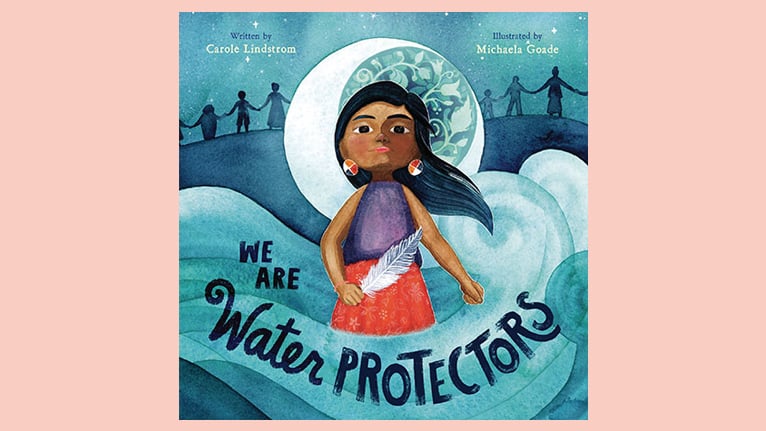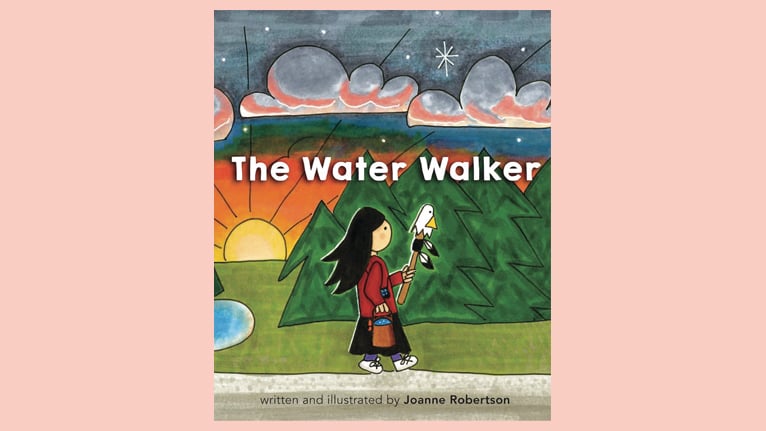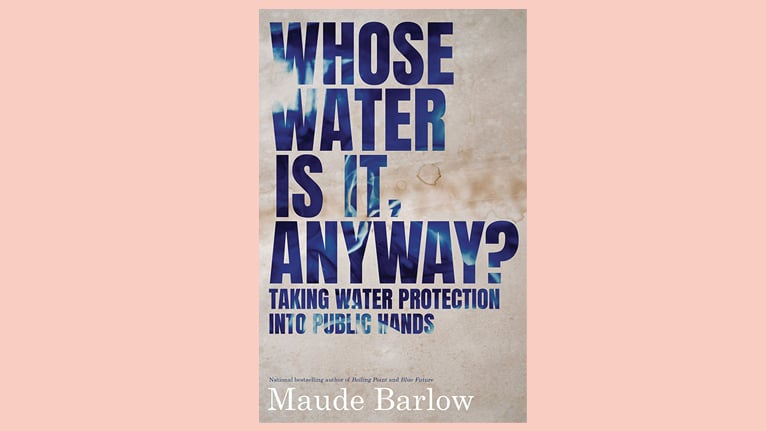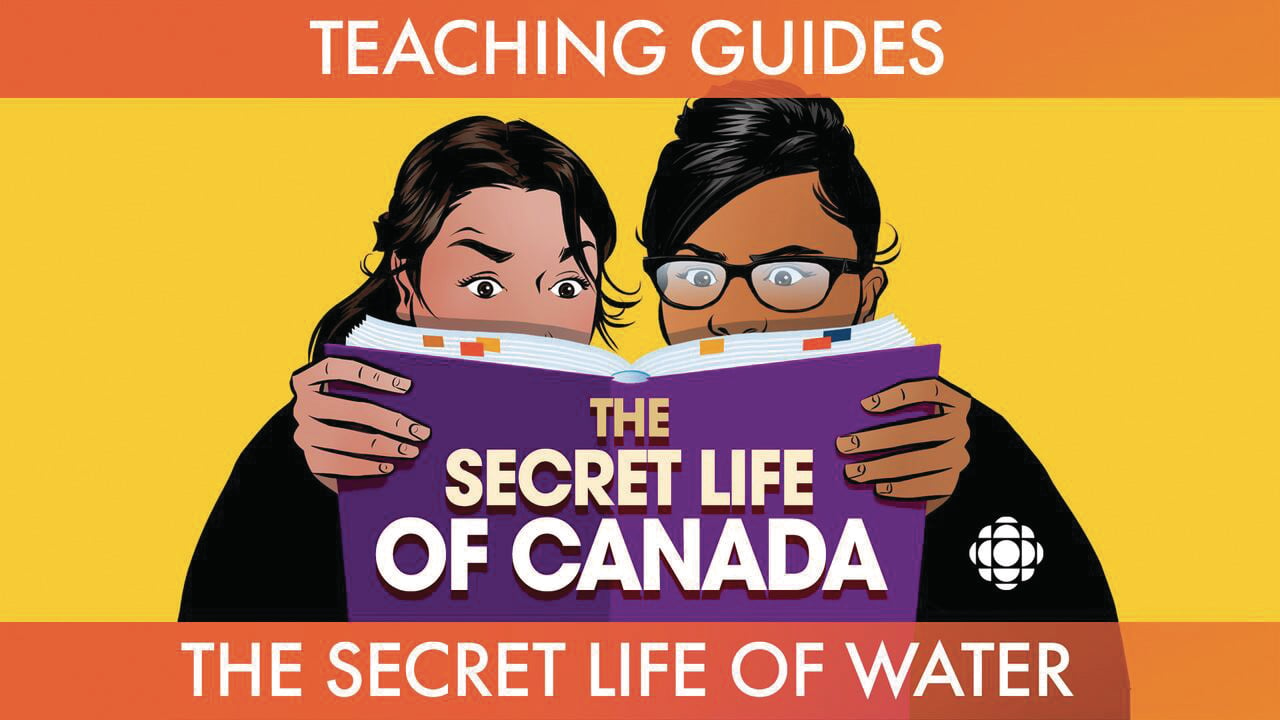Autumn Peltier on youth activism, challenging Trudeau, and a future in politics
The 17-year-old climate activist spoke with Marie-Danielle Smith about working towards change, confronting Trudeau at 12 years old and what she’s focused on now
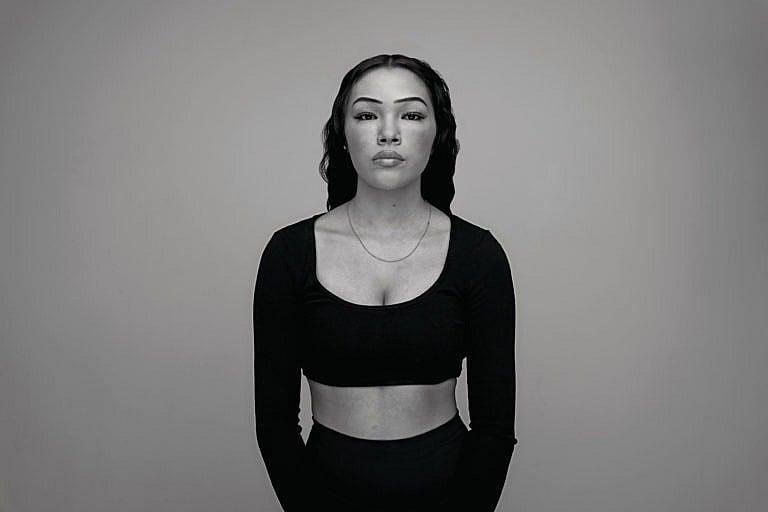
(Photograph by Blair Gable)
Share
In 2016, at age 12, Autumn Peltier came face-to-face with Justin Trudeau and, in front of hundreds of people in a conference hall in Gatineau, Que., she challenged his environmental record, extracting a promise from the Prime Minister that he would “protect the water.”
Peltier, who turns 18 next year, has since emerged as a powerful voice in the climate movement, appearing on the international stage next to the likes of Greta Thunberg and, at home, continuing to keep the pressure on Trudeau. She is also the chief water commissioner for Anishinabek Nation in Ontario. I spoke with her about her ongoing frustrations, and what she expects to see happen in what will be a critical year in environmentalism.
This interview has been edited and condensed for clarity.
You’ve spoken before about attending a ceremony at Serpent River First Nation when you were eight, and noticing signage about toxic water, and how that led you to become interested in water activism. Can you tell me more about what inspired you?
I was raised in a traditional lifestyle, being taught my ways, my teachings, who I was as an Indigenous person, an Indigenous woman. The ceremony was the eye-opener for the work that I do. And my Auntie Josephine [Mandamin] was too: before she passed away two years ago, she told me to keep on doing the work. Carrying on her legacy is one of the most important things to me.
Your aunt was a well-known activist, known as “Grandmother Water Walker.” What’s the best advice she ever gave you?
It’s actually what she told me the day before she passed away. And it was, “People are going to try to stop you, but you just have to keep on doing the work and keep on loving the water.” And she was right. It was her saying that that helped me realize that I can’t let people get to me.
What kinds of things are people doing?
I get a lot of negative comments, negative feedback. It’s a lot more than I thought I would get, because the work that I do is for a good reason, and you wouldn’t generally think that people would be against this or try to bring me down. Like, “She’s just a kid, what can she do?” Or “Why does what she says matter?”
Young people bring up your name as someone they admire. How does it feel to know that you’re a role model to so many of your peers, and to younger kids too?
I speak to a lot of little kids in Grade 1 and kindergarten. They’ll come up to me and say, “I look up to you, I’m so proud of you,” and just hearing a little person say that is honestly so inspiring to me. I look at it as I’m a mentor to all these little kids. What kind of mentor would I be if I was to give up and let people get to me? So I have to be strong and show them this is how you do it.
RELATED: Mark Messier on leadership, trust and magic mushrooms
What kinds of questions do they have for you?
I get questions like, “Are you Moana?” Or “Do you have magic powers to heal the water?” [laughs]
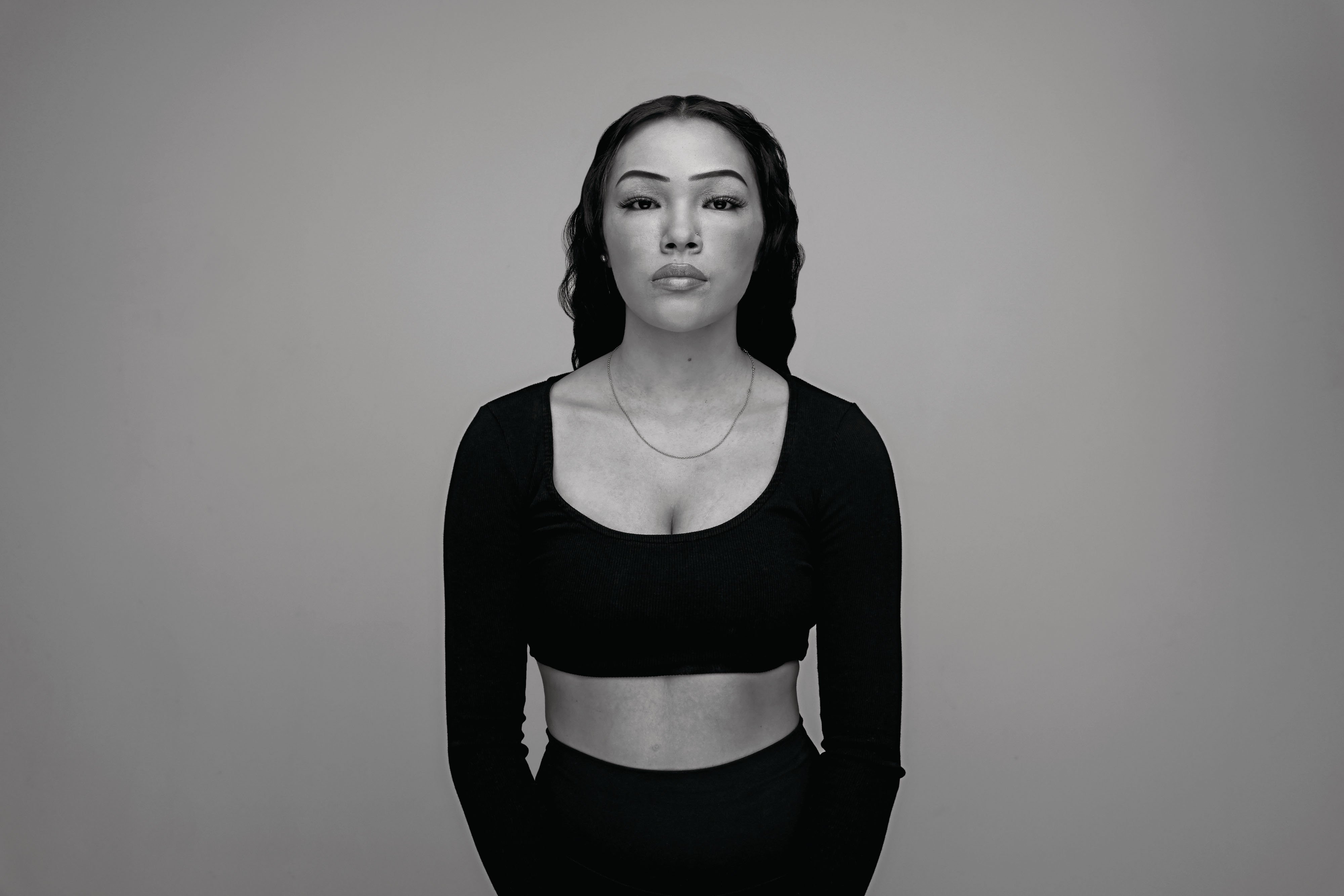
(Photograph by Blair Gable)
With an adult audience, especially with people in power, do you feel like they brush you off because of your age?
I do already feel looked down upon. Being a young person, and being a young Indigenous female, I do feel a lot of intimidation, especially at big meetings where there are big politicians and it’s a room full of all these big white men. It’s really intimidating.
Have you talked to other young activists about how to deal with that pressure?
I think where I experienced that the most was probably the World Economic Forum, because all the youth were put into a group. And we all spent every day together and would actually talk about, ‘Okay, well, I’m kind of uncomfortable here.’ We all have the same mindset when it comes to how we deal with it. It’s just remembering why we’re doing what we’re doing, and always ignoring the negative comments.
RELATED: Jagmeet Singh on relentless optimism and what’s next for the NDP
When it comes to remembering why you’re doing this, what are the things you think about?
My ancestors survived racism, oppression and residential schools. You still see how resilient and strong a lot of Indigenous people are. Our culture is still here. We’re all still here. My ancestors survived and I will be an ancestor one day. I just need to be one of those strong ancestors too in my head.
I want to ask you about when you confronted Prime Minister Justin Trudeau five years ago at an Assembly of First Nations event. Do you think people were surprised to hear a 12-year-old calling him out like that?
Actually, nobody expected that, even my mom. That day, I was told not to say anything to him. I was told to just walk up, give him the gift and then walk away. You don’t say anything.
That was my opportunity to say something to the literal Prime Minister of Canada. Like, who gets the chance to actually share their thoughts with him? So I took the opportunity. I gave him a piece of my mind.
Who was it that was telling you not to talk to him?
It was the people that were organizing the event that day.
RELATED: Murray Sinclair on reconciliation, anger, unmarked graves and a headline for this story
Do you feel like your message got through to him?
I don’t know if it was that message, but I’m sure he’s aware of my work. Because even at the World Economic Forum, the headlines for the European magazines and newspapers were that I called out the Canadian federal government. So that work was definitely recognized and noticed.
He made a big promise to me, which was: “I will protect the water.” I was 12 at the time, I am 17 years old now, and I’m still holding him accountable to that promise.
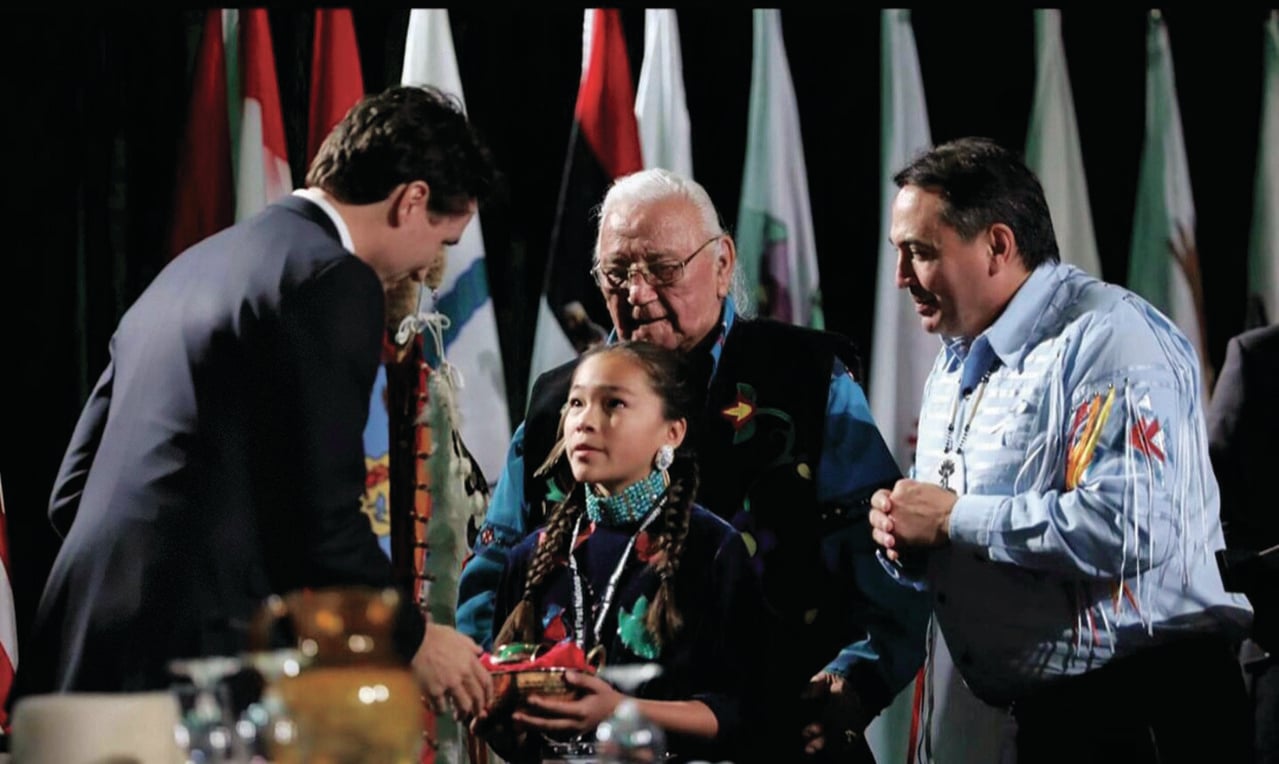
Do you believe that he cares about that?
I feel like he could care more. I know [his government] did make a commitment to resolve all boil water advisories in Canada by March of 2021, and of course that didn’t happen. To promise to resolve a big issue like that within a certain amount of time and [not do it], and there are still communities that can’t drink their water after over 25 years, how are we supposed to trust the government? How are we supposed to believe him? I feel he pretends to care.
Is there something he could do right now, today, to give you more confidence that he does care?
I think instead of making promises or just speaking about it, taking action and actually doing something. And address the issue instead of travelling all over the world.
What did you think, by the way, about his trip to Tofino on the first National Day for Truth and Reconciliation?
It was pretty disappointing. How are you going to be the Prime Minister of Canada and be taking a vacation on a day like that? And you claim to care about these types of things? It was very upsetting.
Tell me a bit more about what you’re paying attention to right now, the problems that are not being addressed but should be.
I mainly focus on boil water advisories in First Nations communities, or lack of clean drinking water, and that’s, I guess, really my main worry right now. We’re in a pandemic and we’re told that we need to wash our hands and sanitize, but some communities don’t have access to those simple things. How is a community that has no clean running water supposed to wash their hands every day? How are they supposed to do simple sanitizing? That’s what doesn’t make sense.
Do you think that if the government would just put more money and attention toward boil water advisories they would be a thing of the past? Is it a matter of political will?
That’s always their excuse, that they don’t have the funding or the resources to do that. But just think about how fast it would be resolved and fixed if there was to be a drinking water issue in an area like Toronto or Ottawa, how fast they would call that a state of emergency and how fast they would fix that.
But a First Nations community of 200, 300, 400 people can go without clean drinking water for over 30 years, where they literally have to bathe their babies in bottled water, cook and clean with bottled water, wash themselves with bottled water.
The pandemic did teach us how quickly money and resources can be mobilized when there’s an emergency. That must be frustrating to think about.
Yeah, it is.
Some words to live by
Autumn Peltier wants you to be mindful of how much water you use, and to support First Nations with their advocacy. She also wants you to read and listen. Here are her suggestions: (Click through this gallery)
Looking ahead to the year 2022, what do you want to see happen?
No more broken promises. More communication, more working together and collaborating and listening and letting people have a say, not just politicians and people in big power. Less discrimination. More cultural sensitivity. And, of course, ending boil water advisories, or at least minimizing them, or finding a solution for it.
On discrimination and cultural sensitivity, what do you think would be a sign that things are getting better?
I guess when I stop hearing stereotypes, it will have gotten better. It’s crazy to think that even in Ottawa, where diversity is so common and there are so many different people, different colours, different races, it’s crazy to think that people are still using stereotypes in 2021.
You’re disappointed in the Prime Minister, but do you feel like politicians from other parties have anything better to offer?
I think my only hope with other politicians is just my opinion being heard more. I have really good support in the NDP. The [Ontario MPP] for Algoma-Manitoulin, his name’s Michael Mantha and he’s one of my biggest supporters.
You’ve talked in the past about going into politics and trying to become one of the decision-makers, like the minister of environment. But we’ve seen Indigenous women recently leaving the federal Parliament—people like NDP MP Mumilaaq Qaqqaq—saying that it’s a toxic place and that it’s really difficult to get anything done. Has that affected the way you think about your own future?
I know that it is a pretty toxic field. Seeing Mumilaaq talk about her experience, it kind of makes me scared of going into it. That’s why I might focus my career path more toward Indigenous politics. I don’t know.
But you still see politics as the best way to get things done?
I do. Because you know the people that I’m trying to get the attention of right now are politicians and people in power. Because they’re the people that make change.
What would have to change for you to feel less intimidated about trying to get elected?
No matter where you go, you’re going to be discriminated against. That’s what I face, that’s what I experience. Even just going to school you get stereotyped.
What kinds of things have you experienced at school?
When I first moved to Ottawa about three years ago, they would ask me, “What’s your ethnicity? Where are you from?” And I would get negative comments like, “Okay, well, are your parents drug addicts? Are your parents alcoholics? Are you poor? Do you live in a tepee?” It’s just, like, no.
Do you think those stereotypes are getting less common?
Honestly, I don’t really have hope for it changing too much, and it’s something that I’m okay with dealing with for the rest of my life if I have to. Because I know several Indigenous people who are doctors, lawyers, successful politicians—and even my grandma, she’s a professor at the University of Alberta. I know that not all Indigenous people, not all First Nations people are drug addicts or alcoholics and it’s a stereotype because of intergenerational trauma from residential schools. People don’t understand why some people are on those paths.
You’ve said before that you worry you’ll get to be 70 or 80 years old and will have spent your life advocating for change, but that nothing will have been done. Are you still worried about that?
Although I have seen change within the years that I have been advocating, it is not as much as I would like to see. And it’s not a lot. It’s something, but it’s not a lot. And it kind of makes me lose hope thinking about whether anything will have changed by the time I’m 70 or 80. It’s scary, but that’s how I look at it.
This interview appears in print in the January 2022 issue of Maclean’s magazine. Subscribe to the monthly print magazine here.
